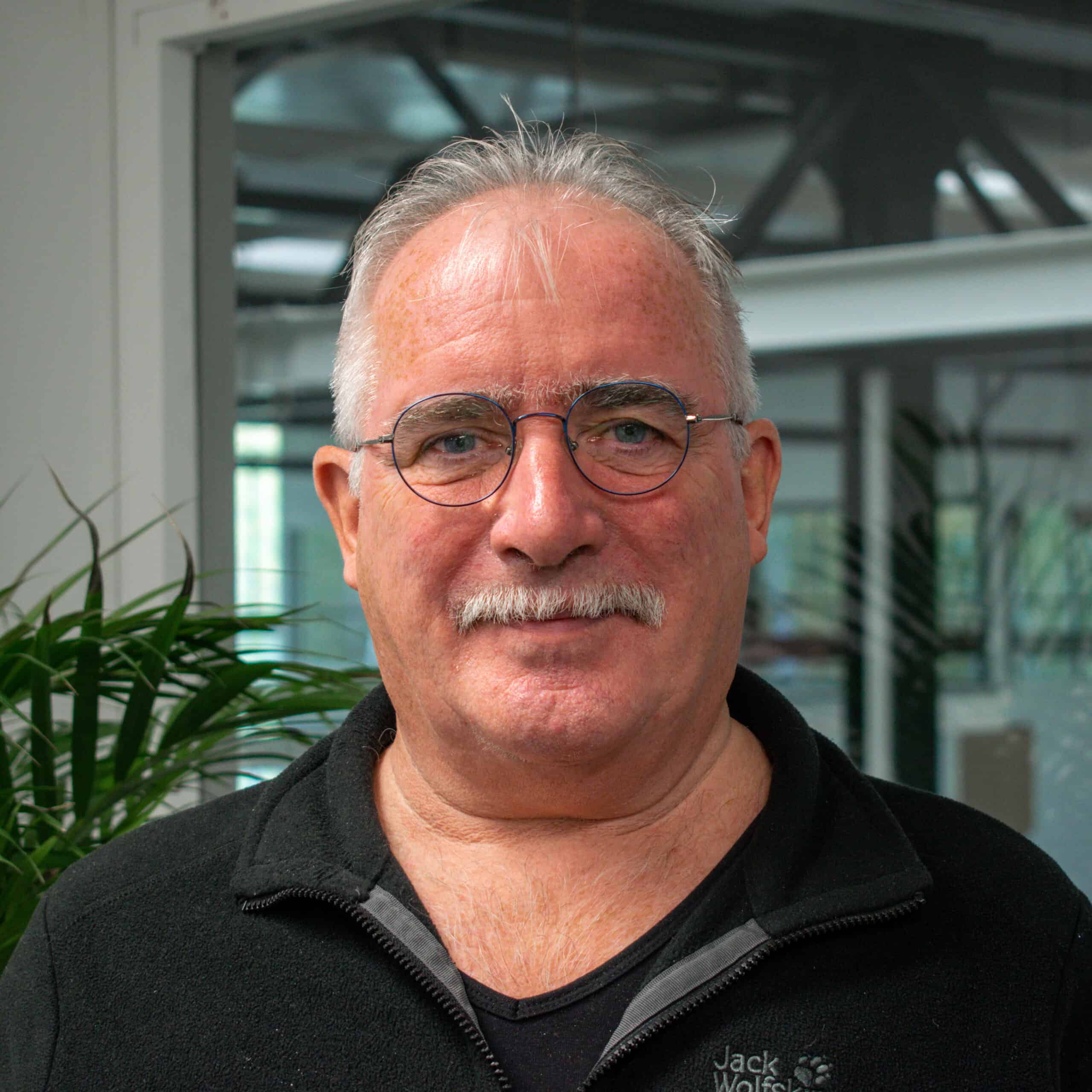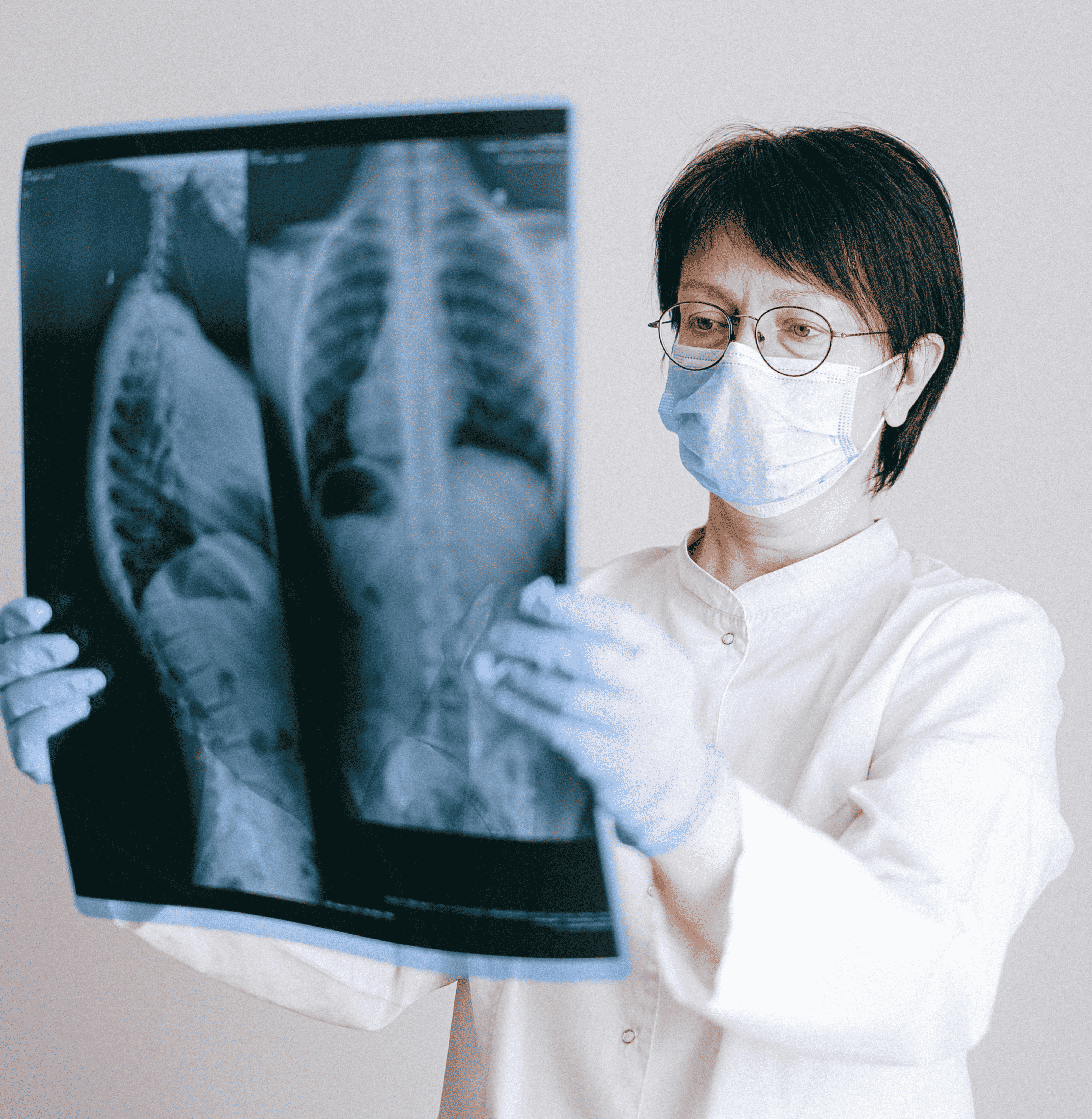
[UPDATE] Oxford University’s first clinical trials with a potential corona vaccine have so far been disappointing. After the publication of the preliminary data, it was the American scientist Bill Haseltine in particular who sharply criticized Oxford University on Forbes.com.
According to the university itself, however, some success has definitely been booked. For example, two-thirds of the unvaccinated animals showed clear signs of viral pneumonia when the autopsy was performed. This was not the same case in the vaccinated animals. The conclusion is that although the vaccinated animals were infected – the vaccine failed to protect them – the disease was very clearly less serious. But these results mean that the virus might still be transmissible via people who have been vaccinated this way.
The American company Moderna says in a press release that they are seeing promising progress in their development process for a vaccine against corona.
According to the Institute of Virology at the German University of Marburg, a potential vaccine against SARS-CoV-2 could be tested in preliminary human clinical trials before the end of the year. “The blueprint for the vaccine is ready. At the moment, the vaccine still needs to be made for these clinical trials,” Prof. Dr. Stephan Becker said.
An overview of all projects for the development of a corona vaccine can be seen on this site from the collective pharmaceutical companies in Germany.
Read below the original IO article posted last Monday, May 18:
The presentation of an effective remedy against COVID-19 is getting closer and closer. Clinical trials all over the world are now on their way. In the United Kingdom, pharmaceutical giant AstraZeneca is on track to manufacture 100 million doses of vaccine for the entire world. That vaccine was developed at Oxford University and is undergoing testing right now. The British government has pledged £65.5 million in funding. Scientists from the Goethe University Frankfurt and the University Hospital Frankfurt, Germany, have tested various drugs that slow down or even prevent the spread of the coronavirus. On that basis, clinical trials are starting very soon in America and Canada.
Possibly a vaccine as early as September
Dr. Alexander Douglas, the leader of the Oxford research group that developed this production method, says that thanks to British funding, large-scale production of the vaccines developed in Oxford can start immediately if the latest tests are successful. The expectation is that this will be known as early as next month. The vaccine could subsequently be available as early as September.
Early this year, the Institute of Medical Virology at Frankfurt University Hospital developed a cell culture model for the SARS-CoV-2 virus. Scientists succeeded in growing the virus in a chain of intestinal cells. Using a technique developed at the Institute of Biochemistry II (part of the Goethe University Frankfurt), researchers from both institutes were able to show how the SARS-CoV-2 virus modifies the host cell. The scientists used a specialized form of mass spectrometry. Which is something they had only recently developed and is known as the mePROD-method.
Weakness identified
The findings provide a picture of the course of a SARS-CoV-2 infection. While many viruses shut down the regular protein production of their host in favor of virus proteins, SARS-CoV-2 has only a marginal effect on the protein production of host cells. The virus proteins seem as if they are being created in competition with the host cell proteins. Consequently, it looks as if the virus causes the protein synthesis mechanism to go into overdrive. The researchers suspected that this was a weakness. They were then able to significantly reduce the spread of the virus by using inhibitors for protein production (translation inhibitors).
Within 24 hours after infection, the virus causes striking changes in the composition of host cell proteins. While cholesterol levels decrease, carbohydrate metabolism and RNA production activity necessary in protein production shoot up. This has enabled scientists to successfully halt virus replication in cultured cells by inhibiting these processes. Similarly, a drug that was used to inhibit the production of new building blocks for the virus’s genetic material was also successful.
Among the active substances that stopped virus replication in the Frankfurt cell cultures is 2-Doxy-D-glucose (2-DG). This directly inhibits carbohydrate metabolism needed for virus replication. The American company Moleculin Biotech has produced an active substance called WP1122 which is similar to 2-DG, also referred to as a prodrug. Based on the results of the Frankfurt scientists, Moleculin Biotech says it is in the throes of preparing this substance for clinical trials. And on the basis of another of the active substances tested in Frankfurt, Ribavirin, the Canadian company Bausch Health Americas is now launching a clinical trial with 50 test subjects.
Important contribution
Prof. Jindrich Cinatl from the Institute of Medical Virology explains: “The successful use of active substances to treat SARS-CoV-2 (which are drug components that have already been approved) presents a great opportunity to combat the virus. Such compounds are already properly characterized and we already know how patients tolerate them. This is why these kinds of active ingredients are now being sought all over the world. In this race against time, our work can make an important contribution. And it bodes well for leading us to the quickest path to success in this search.”







